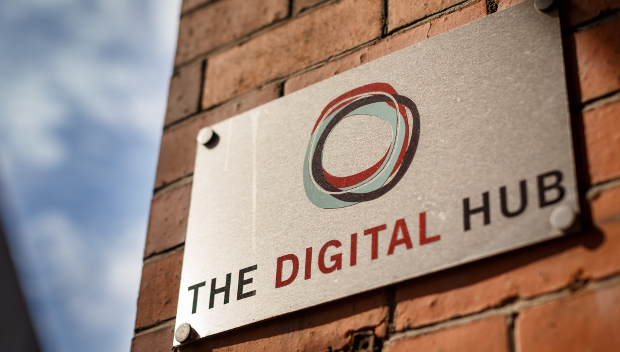
DHDA closure more than a bad business call
It was with great sadness yesterday that I read of the coming closure of the Digital Hub Development Agency. Since 2003 the Agency has overseen the development of the tech sector in Ireland, previously playing host to host to companies like Stripe, Amazon, Havok and Slack. Its current roster of 50 companies includes workforce management platform Bizimply and Lonely Planet.
Commercial success stories aside, the Hub has a history of providing projects for the Dublin 8 area promoting education, digital literacy, and even an artist in residence programme.
Its ongoing local efforts include Smart D8, a study of social effects of Covid-19, the Liber8 and Screen8 music and film projects for young people and the D8 Surfers Club for older users. On TechRadio we’ve interviewed technologist in residence Rodhan Hickey and artist in residence Elaine Hoey, and I recommend catching them if you haven’t already.
The Digital Hub won’t be going away as a physical entity. Business activity and local schemes go on as usual until June 2022 and the Agency itself is to be replaced by The Land Development Agency. The plan is to balance the existing business cluster with additional residential space and an ‘enterprise cluster focussed on the needs of the local community’. No, I have no idea what that means, either.
Was the decision a surprise? A review was already underway for the Dept of Communications by Grant Thornton and completed in July last year. It’s easy to place the blame entirely on Covid-19 but an increase in property values and the need for more housing were likely provided more powerful arguments in favour of redevelopment over expansion.
I have no doubt the decision to abolish the DHDA was made dispassionately and with a view to making the most of unused surrounding land and provide an example of how the Government’s regional co-working spaces would operate.
However, what we have learned during the pandemic is that financial wealth has to be balanced with well-being. If anything, the lesson to be gained from the roll-out of the new regional co-working spaces is that they provide an opportunity to bring people together as well as help them put the head down and get some work done. What new supports to be put in place under the rural development policy will be too business-centric when they have more to offer than a desk and an Internet connection. As an example you might look to the privately-run luxury co-working spaces in Dublin where all is shiny, all is bright, and all is insular.
Hopefully the ‘tech community’ will take a lesson from the Digital Hub and develop a similar ‘tech in the community’ ethos.
Correction: This piece originally reported that the Grant Thornton review was triggered by the Covid-19 crisis. We are happy to clarify that it had already been in train.





Subscribers 0
Fans 0
Followers 0
Followers